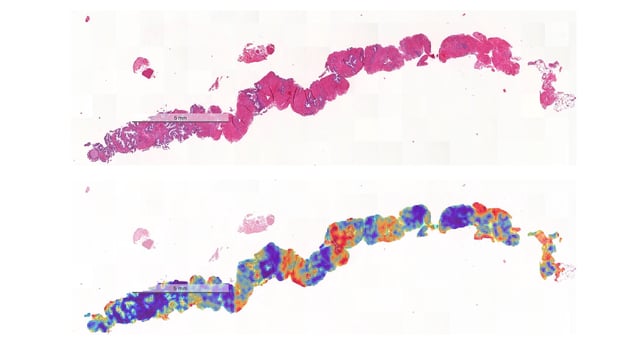Overview
- Uppsala and Umeå University researchers report the findings in a peer‑reviewed Scientific Reports study using routinely collected prostate biopsies.
- All 232 biopsies were initially judged benign, yet about half of the men developed aggressive prostate cancer within less than 2.5 years while others remained cancer‑free at eight years.
- Because no cancers were labeled at baseline, the team used a patch‑based training strategy that leveraged later clinical outcomes and then tested performance on an independent image set.
- The AI highlighted subtle morphological changes in tissue surrounding prostate glands, echoing patterns noted in prior research on clinically significant disease.
- Authors suggest the analysis could help prioritize follow‑up for men assessed as healthy, with methods and imaging data released openly and further external validation and prospective trials still required before clinical use.

